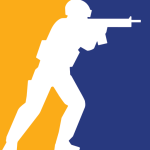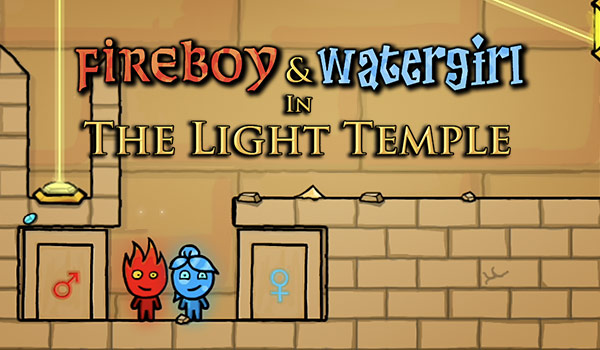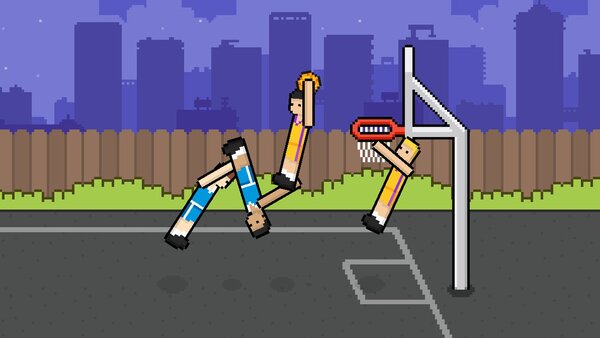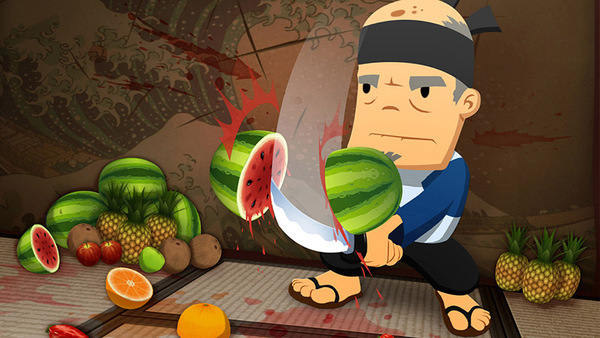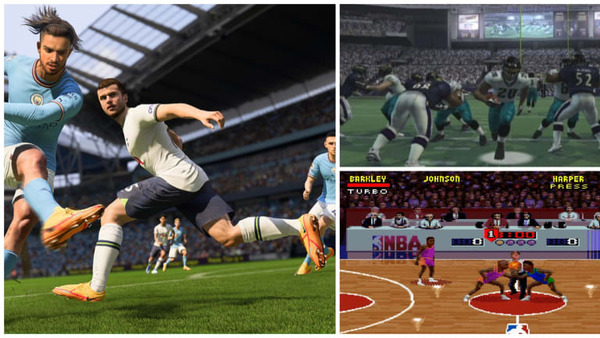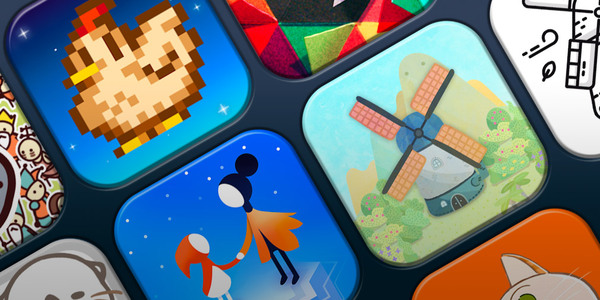Free Fire, Insurance, and Claims: Protecting Your Gear and Health While Gaming
Introduction
As gaming continues to evolve, titles like
Free Fire have captivated millions of players worldwide. Developed by Garena,
Free Fire is a fast-paced battle royale game that offers players an exciting mix of strategy, skill, and intense action. With its accessible design and quick matches, it has become a favorite for mobile gamers. However, as with any hobby or activity, there are real-world concerns for players, such as the physical toll gaming can take on the body, the potential for gaming-related injuries, and the risk of expensive equipment damage. This article explores how
insurance can help mitigate these risks, covering health and equipment protection for
Free Fire players, along with the process of filing a
claim when necessary.
1. What is Free Fire?
The Game's Concept and Popularity
Free Fire is a multiplayer battle royale game where 50 players are dropped onto an island and must fight to be the last one standing. Players are tasked with scavenging for weapons, healing items, and armor while avoiding a shrinking play zone. The game’s emphasis on quick, strategic gameplay has made it one of the most popular battle royale games globally, especially in regions with limited access to high-end gaming devices.
What makes
Free Fire stand out is its accessibility; it runs smoothly on low- to mid-range smartphones, making it available to a large audience. Its short, 10-minute matches also cater to players who prefer fast-paced gaming without long hours of commitment.
The Risks of Intense Gaming
While the game itself offers thrilling experiences, long gaming sessions or frequent participation in online tournaments can lead to several real-world issues. Gamers face physical health risks such as eye strain, repetitive strain injuries (RSI), and other health problems related to poor posture or prolonged screen time. Additionally, expensive gaming equipment is at risk of damage, theft, or malfunction.
Insurance is one way players can protect themselves from these risks.
2. The Health Risks Associated with Gaming
Physical Health Concerns
Gaming, particularly fast-paced games like
Free Fire, can lead to a variety of physical health issues. Players who engage in long gaming sessions might experience:
- Repetitive Strain Injuries (RSI): This condition, which affects the muscles and tendons, is common among gamers who frequently use controllers or keyboards. RSI can cause pain, numbness, or weakness in the hands, wrists, or arms.
- Back and Neck Pain: Sitting in an uncomfortable position for hours while playing can strain the back and neck muscles. Many gamers fail to maintain proper posture during intense matches, which contributes to long-term discomfort and pain.
- Eye Strain: Prolonged exposure to screens can lead to eye fatigue, dry eyes, and headaches, a condition known as computer vision syndrome.
Mental Health Risks
In addition to physical issues, gaming can impact mental health. The competitive nature of games like
Free Fire can lead to stress, anxiety, and frustration, especially during high-stakes moments.
Free Fire players might also experience:
- Burnout: Intense gameplay, particularly in esports or competitive settings, can lead to mental exhaustion, which affects concentration and emotional well-being.
- Sleep Disruptions: Playing late into the night can disrupt sleep patterns, affecting a player’s overall health and daily functioning.
Given these health risks, gamers should consider both physical and mental well-being when indulging in long gaming sessions. Insurance options for health-related issues can help cover treatment costs for conditions caused by gaming.
3. The Importance of Protecting Your Equipment
Gaming Gear and Equipment Costs
High-performance gaming devices are crucial for a smooth gaming experience. Whether it's a mobile phone, PC, or console, these devices are expensive and susceptible to damage. Some common issues include:
- Accidental Drops: Phones and gaming peripherals can be easily damaged if dropped, which can render them unusable.
- Wear and Tear: Continuous use of controllers, headphones, or gaming chairs can lead to gradual wear, affecting performance or comfort.
- Malfunctions: Over time, devices such as gaming phones or PCs can suffer from hardware or software malfunctions, rendering them incapable of running games like Free Fire at optimal settings.
As gaming becomes more immersive and demanding, players often invest in high-end equipment. For competitive players, any form of equipment malfunction can cost valuable time and money. Insurance can help reduce the financial burden caused by damaged or malfunctioning gear.
The Role of Equipment Insurance
Insurance provides peace of mind to players by covering the cost of repairing or replacing their equipment. Whether it’s a damaged phone screen, a broken controller, or a malfunctioning gaming PC,
insurance can mitigate the cost of these accidents. Here’s why having
insurance for gaming equipment is essential:
- Protection from Accidental Damage: Spills, drops, and other accidents can cause significant damage to gaming gear. Insurance can help cover repair or replacement costs.
- Theft Coverage: For gamers who travel frequently or store their gear in public spaces, insurance can cover the loss of equipment due to theft.
- Replacement of Worn-Out Devices: Gaming gear, particularly mobile phones, undergoes significant wear over time. Insurance plans often cover the replacement of aging or worn-out devices.
With
insurance in place, gamers can avoid the financial burden of replacing costly equipment after an accident or malfunction.
4. Health Insurance for Gamers
How Health Insurance Can Benefit Gamers
The physical and mental health risks associated with long gaming sessions make health
insurance a key factor for gamers. Having proper health coverage can ensure that players receive the necessary treatment for any gaming-related health issues. Some key benefits of health
insurance for gamers include:
- Coverage for Repetitive Strain Injuries (RSI): If a gamer develops RSI from prolonged use of controllers or keyboards, insurance can help cover the cost of therapy or medical treatment.
- Mental Health Support: Many insurance plans include coverage for mental health services, which can be helpful for players experiencing anxiety, depression, or stress from gaming.
- Vision Care: Long gaming sessions can cause eye strain and require corrective lenses. Insurance that covers vision care can help players manage these issues.
Incorporating health
insurance as part of a comprehensive gaming protection plan ensures that players can maintain their well-being while enjoying games like
Free Fire.
5. Filing an Insurance Claim
When Should You File a Claim?
Understanding when to file an
insurance claim is crucial for ensuring that the process goes smoothly. Claims can be filed for various issues, including:
- Injuries: If a gamer develops a health issue such as RSI, back pain, or eye strain, filing a claim for medical treatment or therapy is a logical step.
- Damaged Equipment: If gaming gear is damaged through accidents, a claim can help cover the cost of repairs or replacements.
- Theft or Loss: If gaming equipment is stolen or lost, insurance can help replace the items through a claim process.
Steps to Filing an Insurance Claim
To ensure that your
claim is processed quickly and accurately, follow these steps:
- Document the Incident: Take photos or videos of the damage to your equipment, or collect medical documentation for injuries related to gaming.
- Contact Your Insurance Provider: Notify your provider of the issue as soon as possible to begin the claims process.
- Submit the Required Forms: Complete any paperwork required by your insurance provider. This may include a claim form and supporting documentation.
- Follow Up: Stay in communication with your provider to ensure that your claim is processed in a timely manner.
By properly documenting the issue and submitting all necessary information, gamers can ensure that their
claim is handled efficiently.
6. The Future of Insurance for Gamers
As Gaming Evolves, So Will Insurance Needs
As gaming continues to grow in popularity, the need for specialized
insurance products for gamers will increase. We may see more comprehensive policies that cater specifically to the gaming community. Some potential future developments include:
- Cybersecurity Insurance: With the rise of online gaming, including Free Fire, players may face cyber threats such as hacking or account theft. Cybersecurity insurance could protect against these risks.
- Gaming Injury Rehabilitation: Specialized insurance could provide coverage for injuries sustained during gameplay, such as RSI or mental health conditions triggered by stress or burnout.
- Comprehensive Coverage for Esports Athletes: Professional esports players, including those who participate in Free Fire tournaments, may require tailored insurance plans that cover both health and equipment.
As the gaming landscape continues to evolve, so too will the need for better protection and more tailored
insurance policies.
7. Conclusion
Free Fire offers exciting and intense gaming experiences, but with that comes a range of physical, mental, and equipment-related risks. Whether it’s the potential for
RSI, eye strain, or equipment damage, gamers can benefit from investing in
insurance to protect their health and gear. From medical coverage for gaming-related injuries to
insurance for expensive equipment, players can ensure that they are well-prepared for whatever happens during their gaming sessions. By understanding the risks and taking steps to protect themselves,
Free Fire players can enjoy their gaming experiences with peace of mind.










